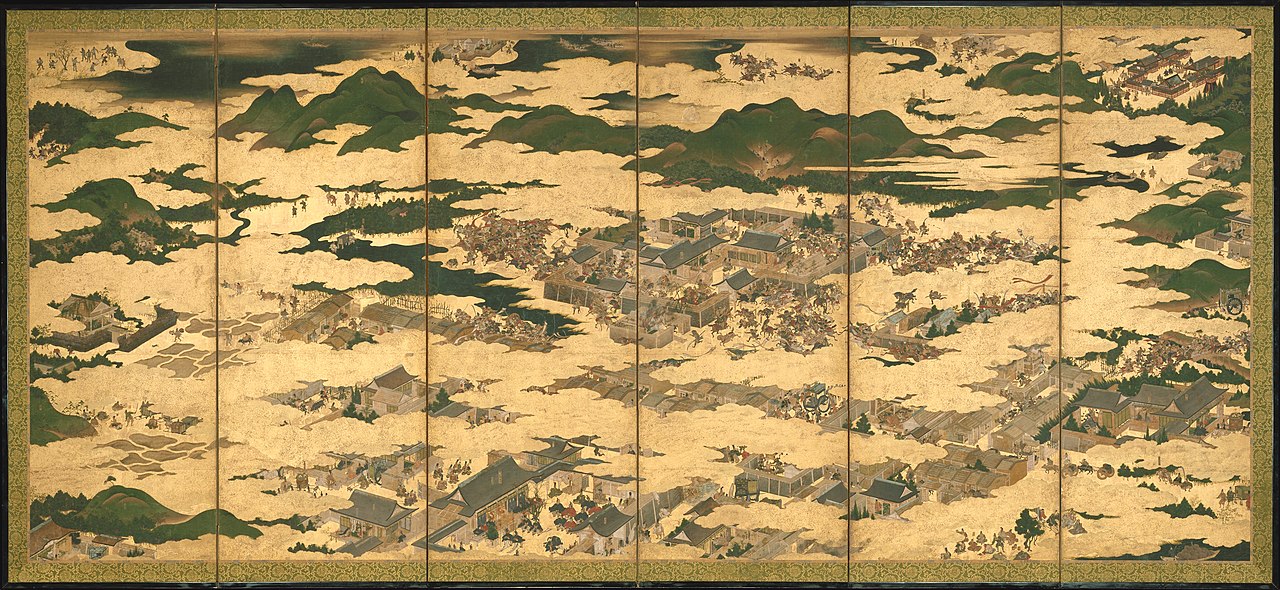Fukushima City, Japan
Time is generated by God
What is time?
Time has meaning where a change occurs. Without a change, there is no meaning of time.
If there is only one state named A and it continues forever without a change, time has no meaning. But if there is another state named B, and A changes to B, there is a meaning in time, since we have to say that the state was A in the past, though it is B now.
However, we don't need time if the state is A and, at the same time, B. Just like in the world of quantum physics, there can be a world where every possible situation has its own probability of existence at the same time. In this world, there are no fixed states. Every state has only its own probability of existence. But the state of the world cannot be fixed. There is no need of time.
But in the world where there is a fixed state even if there are many possible states, you need time to make distinction between fixed states. You must say: the state is A at the time T1, B at the time T2, C at the time T3, and so on.
Then, what does it mean that time flows to the past? Does it simply mean states that appeared in past reappear along with the flow of time?
The status when B first appeared before another state C is different from the status when B reappears in the sequence of A -> B -> C -> B. It does not necessarily mean that time suddenly moves back from T3 to T2. We may say that at the time T4, the state returns to B that first appeared at the time T2.
In this case, the first B has only the sequence of A to B, but the second B has the sequence of A to B, B to C, and C to B. And the number of changes till the first appearance of B is only 1, but the number of changes till the second appearance of B is 3. Accordingly, the absolute time never moves back, since the number of changes in states is only increasing.
But what causes change in states and thus generates time? It is power of observation of the state. Before someone observes the sate, it holds all the sates A, B, and C at a certain probability for each state. But, when observation is made, the state is fixed to any of A, B, and C. And under this observation, the fixed state changes from A to B and B to C.
So, now you must feel that that someone is God. As God observes the state, it is fixed and changed to another fixed state.
In summary, this universe with fill of states can have a fixed state at each moment because God is observing this universe to every minute corner.
God is the driver of all the phenomena in this universe. He did not only create this universe but also does always cause change in the universe. Time is generated by God.
No time without God's observation:
State = A + B + C, not fixed
Time generated under God's observation:
Status = A fixed, B fixed, or C fixed
**** **** ****
Luk 10:26 He said unto him, What is written in the law? how readest thou?
Luk 10:27 And he answering said, Thou shalt love the Lord thy God with all thy heart, and with all thy soul, and with all thy strength, and with all thy mind; and thy neighbour as thyself.
Luk 10:28 And he said unto him, Thou hast answered right: this do, and thou shalt live.







